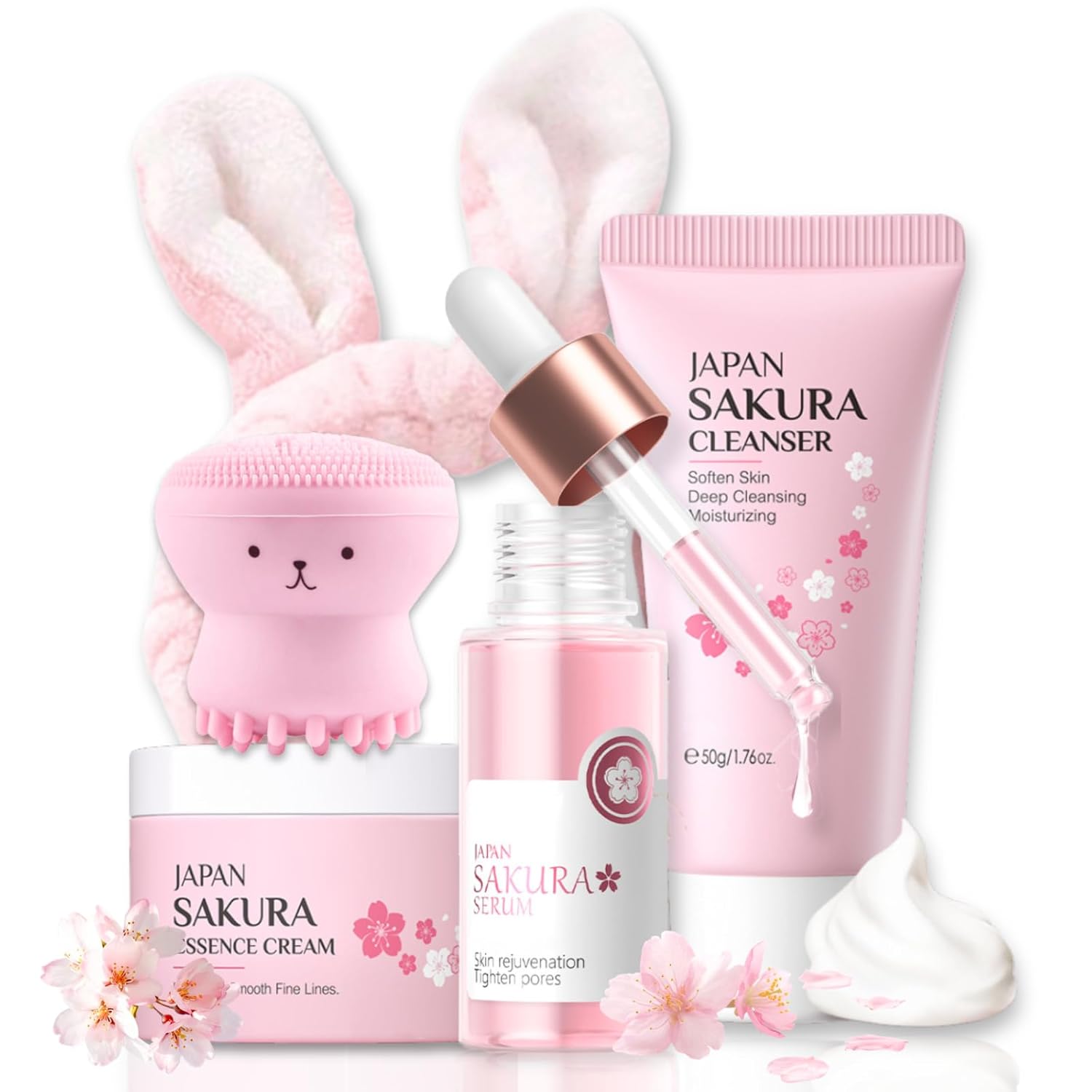Keeping children’s delicate skin healthy has never been more important. With the booming market for kids’ skincare products, parents are surrounded by brightly coloured bottles, “gentle” formulas, and promises of safety. Yet, many of these products contain ingredients that dermatologists urge parents to avoid. In this comprehensive guide, we uncover the surprising truth about children’s skincare products, backed by research, high-value keywords, and practical advice every parent needs to safeguard their child's skin.
Understanding Children’s Skin: Why It Needs Special Protection
Children’s skin is not just smaller—it is structurally different from adult skin. The epidermal barrier is thinner, more sensitive, and more permeable. This means chemicals penetrate more quickly, increasing the risk of irritation, dryness, allergies, and long-term skin problems.
Because of this natural vulnerability, choosing safe skincare for kids, non-toxic baby products, and dermatologist-recommended children’s skincare is essential. Unfortunately, many brands use marketing tactics rather than evidence-based safety standards.
Hidden Dangers in Popular Kids’ Skincare Products
1. Fragrances and Perfumes
One of the top allergens in children’s skincare is synthetic fragrance, often labelled simply as “fragrance” or “parfum.” These blends can contain hundreds of chemicals, many of which trigger eczema, rashes, and respiratory irritation.
Parents searching for fragrance-free baby lotions, hypoallergenic products for kids, and eczema-safe skincare should be cautious—“unscented” does not always mean “fragrance-free.”
2. Parabens and Hormone-Disrupting Preservatives
Children are especially vulnerable to chemicals that affect the endocrine system. Ingredients such as:
-
methylparaben
-
propylparaben
-
butylparaben
are commonly found in lotions, shampoos, and body washes marketed to kids.
Studies link parabens to hormonal imbalances, so choosing paraben-free kids’ skincare is crucial for long-term health.
3. Sulfates (SLS/SLES)
Sulfates produce the lather in children’s bubble baths, body washes, and shampoos. However, they can strip moisture, cause dryness, and worsen sensitive skin conditions.
Parents often seek SLS-free body wash for kids, gentle baby shampoo, and tear-free cleansers, yet many products still rely on sulfates due to their low cost.
4. Artificial Dyes and Colourants
Bright colours may attract children, but many artificial dyes (especially FD&C dyes) are linked to:
-
skin irritation
-
contact dermatitis
-
potential toxicity when absorbed through the skin
For safety, opt for dye-free baby products or natural kids’ skincare with plant-based ingredients.
Why “Natural” Doesn’t Always Mean Safe
Many brands label their formulas as “natural,” “organic,” or “eco-friendly,” but these terms are not regulated. Even natural botanicals can irritate a child’s skin. For example:
-
lavender and citrus oils can trigger phototoxic reactions
-
tea tree oil can be too strong for infants and toddlers
-
natural preservatives can still cause allergies
The best approach is to choose clinically tested, dermatologist-approved, and pediatrician-recommended skincare for kids rather than relying solely on marketing labels.
The Rise of Kids’ Self-Care Trends—and the Hidden Risks
The expansion of social media has led to a surge in children using:
-
sheet masks
-
facial serums
-
exfoliators
-
anti-aging products
However, many of these contain retinol, AHAs, and BHAs, which are too harsh for young skin.
Parents searching for safe skincare routines for kids, non-toxic beauty for children, and child-friendly skincare products must be aware that adult-grade ingredients can damage skin barriers and lead to long-term sensitivity.
The Safe Skincare Routine Every Child Should Follow
A child’s skincare routine should be simple, safe, and effective. Here’s the dermatologist-recommended routine:
1. Gentle Cleanser
Use a pH-balanced, fragrance-free, sulfate-free cleanser.
2. Moisturizer
Opt for ceramide-rich, hypoallergenic moisturizers to strengthen the skin barrier.
3. Sunscreen
Broad-spectrum mineral sunscreen with zinc oxide is safest for kids.
Avoid chemical sunscreens such as oxybenzone and octinoxate, which can irritate skin and disrupt hormones.
How to Choose Truly Safe Skincare Products for Children
When selecting products, always review ingredient labels. Look for items labelled:
-
fragrance-free
-
paraben-free
-
sulfate-free
-
formaldehyde-free
-
non-toxic
-
pediatrician-approved
Avoid products containing:
-
PEGs
-
phthalates
-
alcohol (denatured)
-
synthetic dyes
-
retinoids
-
chemical exfoliants
Parents searching for best baby skincare brands, organic products for kids, and safe body wash for toddlers should prioritize brands with transparent manufacturing and third-party testing.
Top High-CPC Keywords for Parents Researching Kids' Skincare Safety
To help build visibility and SEO ranking while educating parents, this article includes essential high-value keywords such as:
-
kids' skincare safety
-
non-toxic skincare for children
-
best skincare routine for kids
-
safe baby lotion
-
eczema-friendly products for toddlers
-
chemical-free kids’ shampoo
-
dermatologist-recommended skincare for children
-
organic baby skincare
-
sensitive skin products for kids
-
hypoallergenic skincare for babies
Common Myths About Children’s Skincare—Debunked
Myth 1: Kids Need Skincare Routines Like Adults
False. Children do not need serums, anti-aging creams, or exfoliating acids.
Myth 2: Tear-Free Means Safe
Not always. Some tear-free formulas use numbing agents rather than gentler ingredients.
Myth 3: Natural Ingredients Can’t Harm
Even natural ingredients can cause irritation or allergies.
Myth 4: If It’s Sold in Stores, It Must Be Safe
The skincare industry is loosely regulated, especially for children’s products.
Protecting Your Child’s Skin: What Parents Must Know
Parents play a vital role in shielding children from harmful skincare products. A safe approach includes:
-
reading labels carefully
-
choosing certified and tested products
-
avoiding unnecessary cosmetics
-
consulting dermatologists for persistent skin issues
Your child’s skin deserves science-backed, non-toxic, and age-appropriate care—not marketing promises.
Conclusion: The Truth Every Parent Needs to Hear
Children’s skincare should focus on protection, gentleness, and simplicity. Many kids' skincare products on the market today contain harsh chemicals, irritants, and misleading claims. By staying informed and choosing only safe, dermatologist-approved formulas, parents can ensure their child's skin remains healthy, resilient, and truly nourished.






